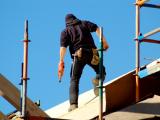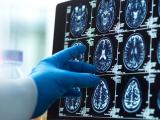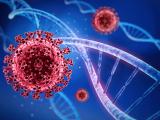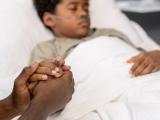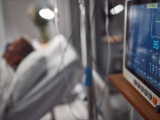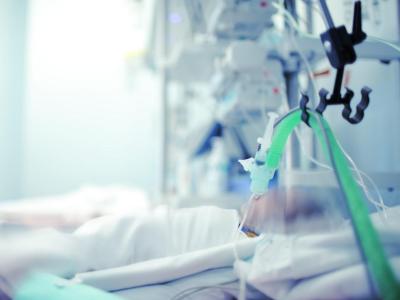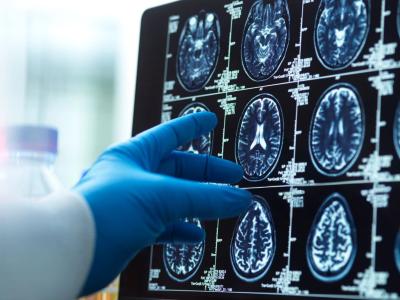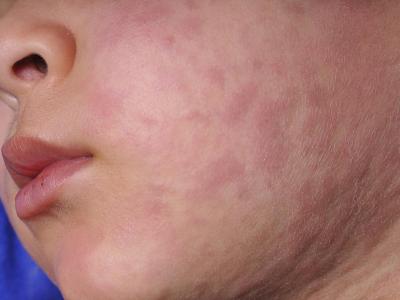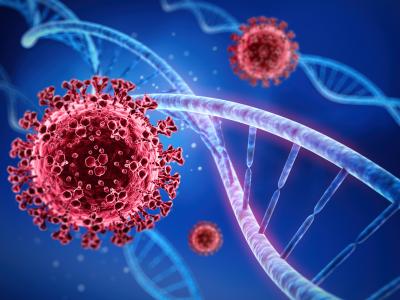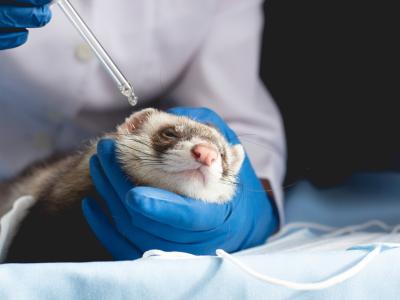Half of all US states reported significant increases in COVID-19 cases over the long Fourth of July weekend in a surge of virus activity caused by the highly transmissible Delta variant.
The rise in cases comes as the country narrowly missed the mark of vaccinating 70% of residents ages 18 and up with at least one dose of COVID-19 vaccine. Instead, 67.1% of American adults have had at least one dose of vaccine, and 47.4% are fully vaccinated.
States with low vaccination rates are seeing spikes of cases, with Alaska and Arkansas more than doubling cases in the last week and South Carolina and Kansas showing a 50% increase. Missouri saw a 30% increase in hospitalizations over the holiday weekend, leading to a temporary ventilator shortage, according to USA Today.
Arkansas reported 1,246 new COVID-19 cases and 23 more hospitalizations over the weekend, the Associated Press reports. Gov. Asa Hutchinson warned that the state, which has one of the lowest vaccination rates in the country, could face a "tough week" in new cases and hospitalizations.
The United States reported 5,528 new COVID-19 cases yesterday and 41 deaths, according to the Johns Hopkins COVID-19 tracker. In total, the country has recorded 33,737,982 cases and 605,799 deaths.
New phase of vaccination campaign
Today President Joe Biden explained the next phase of the federal government's COVID-19 vaccine push, which includes a smaller, community-based effort that marks a shift from large mass vaccination sites to convenient and targeted sites.
Biden said by the end of the week, America will have fully vaccinated 160 million Americans, and the nation is now "… emerging into a summer of hope and joy, a year of hard-fought progress. The best thing you can do to protect yourself and your family is get vaccinated."
He said young people in particular must participate in the next phase of the campaign, in the face of rising cases due to the Delta variant.
Biden outlined five ways the government is shifting its vaccination approach, including getting vaccine supplies to 42,000 pharmacies, doctor's offices, and pediatrician offices. That way, Biden explained, adolescents ages 12 to 18 can get vaccinated during the summer physicals commonly required before fall sports begin.
CDC summarizes ACIP vaccine findings
Today, Morbidity and Mortality Weekly Report published a summary of the recommendations the Advisory Committee on Immunization Practice (ACIP) made on Jun 23 concerning mRNA vaccines and the increased risk of myocarditis, especially in young adults.
At this time, the vaccines are still recommended for all age groups, despite the link between vaccine administration and myocarditis because the risk of COVID-19 far exceeds the number of cases of myocarditis expected.
"No alternatives to mRNA COVID-19 vaccines for adolescents will be available for the foreseeable future, and vaccination of adolescents offers protection against COVID-19 that can be important for returning to educational, social, and extracurricular activities," the committee said. "Higher levels of vaccination coverage can reduce community transmission, which can protect against development and circulation of emerging variants."
As of Jun 11, the Vaccine Adverse Event Reporting System (VAERS), the national vaccine safety monitoring system, had received 1,226 reports of myocarditis after mRNA vaccinations in the United States. The median age of patients was 26, and 923 of the 1,212 cases in which sex was reported were in males. Most (76%) of cases occurred after a second dose of vaccine, often within 7 days.
Myocarditis reporting rates were 40.6 cases per million second doses of mRNA COVID-19 vaccines administered to males aged 12 to 29 years and 2.4 per million second doses administered to males older than 30.
In a risk-benefit analysis, ACIP calculated, "Per million second doses of mRNA COVID-19 vaccine administered to males aged 12–29 years, 11,000 COVID-19 cases, 560 hospitalizations, 138 [intensive care unit] admissions, and six deaths due to COVID-19 could be prevented, compared with 39–47 expected myocarditis cases after COVID-19 vaccination."


